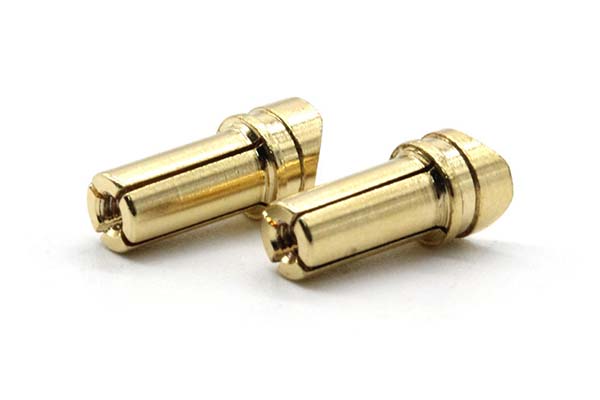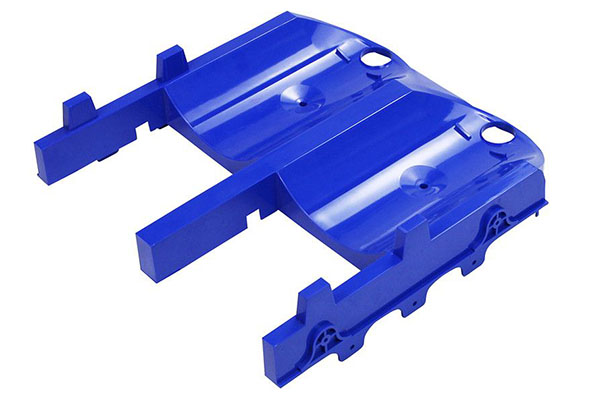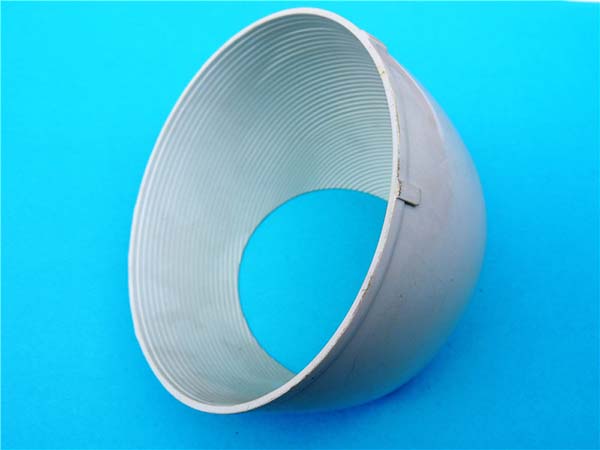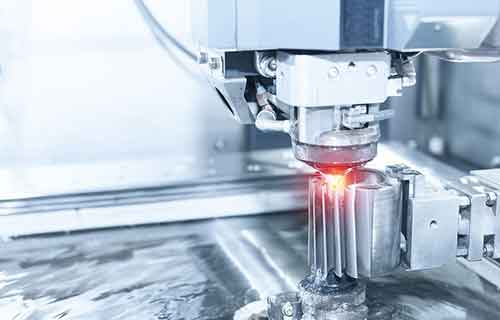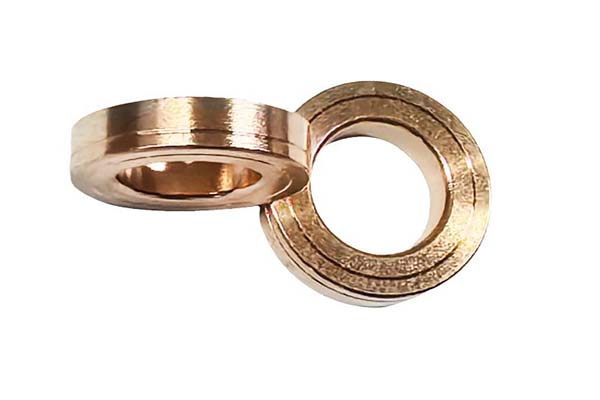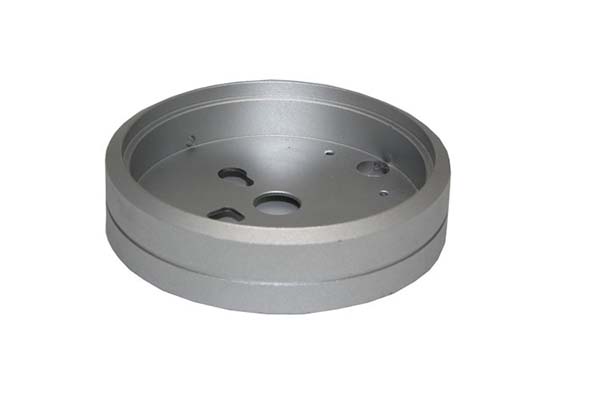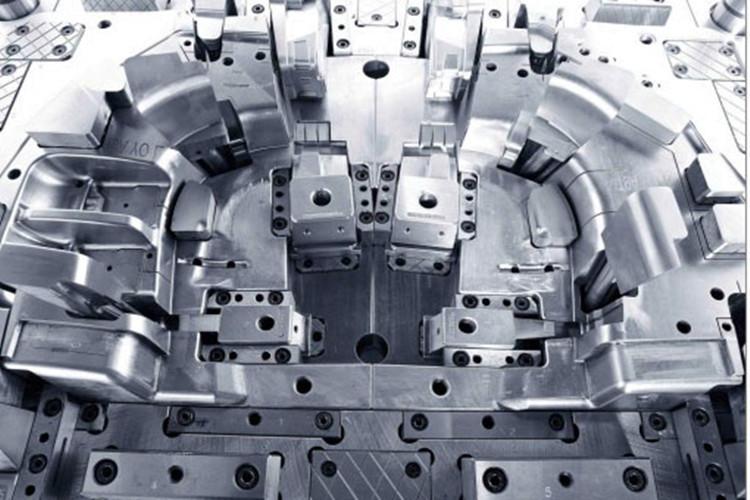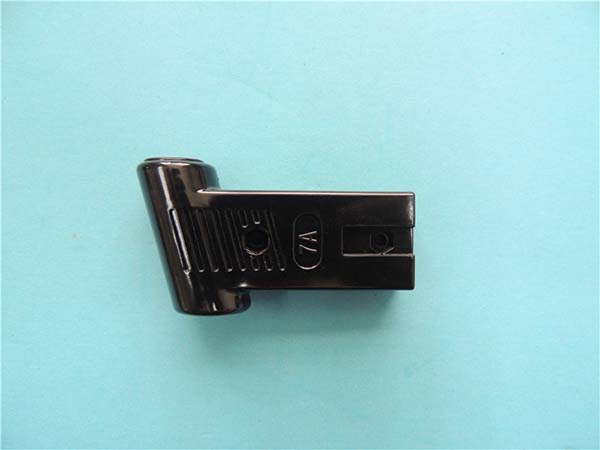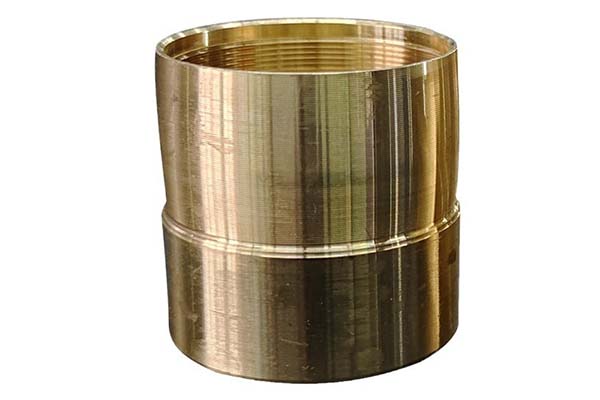1. Introduction
1.1 The Significance of Micrometer Accuracy
In modern manufacturing, the accuracy of micrometers holds paramount importance. Micrometers are precision measuring instruments that can measure small lengths, diameters, or thicknesses with high precision. Their accuracy is crucial across a wide range of industries, especially in electronics and aerospace.
In the electronics industry, for Yigu Technology example, components are becoming increasingly miniaturized. A smartphone, which contains hundreds of tiny components, requires components to be manufactured with extreme precision. The tolerance for error in the production of microchips is often within micrometers. A deviation of just a few micrometers in the manufacturing of a microchip can lead to issues such as short - circuits, reduced performance, or complete malfunction of the chip. This, in turn, would affect the overall functionality of the electronic device, leading to customer dissatisfaction and costly product recalls.
The aerospace industry also heavily relies on micrometer accuracy. Aircraft and spacecraft are subject to extreme conditions during flight, and even the slightest deviation in the dimensions of their components can have catastrophic consequences. For instance, the blades of a jet engine need to be manufactured with high precision. If the thickness or shape of these blades deviates by more than the allowed micrometer tolerance, it can cause imbalances during engine operation. This imbalance may lead to increased vibrations, reduced fuel efficiency, and potentially, engine failure during flight.
1.2 Defining Precision Manufacturing and Micrometer
Precision manufacturing refers to the use of advanced techniques, tools, and processes to produce components with extremely tight tolerances. It involves the integration of high - tech machinery, sophisticated software, and highly skilled personnel. Precision manufacturing techniques can achieve dimensional accuracies in the micrometer or even nanometer range, depending on the application. This level of precision allows for the creation of complex and high - performance products that were once thought to be impossible.
A micrometer, also known as a screw gauge or a micrometer caliper, is a precision measuring instrument. It typically consists of a C - shaped frame, a fixed anvil, a movable spindle, a thimble, and a scale. The basic principle of a micrometer is based on the screw - and - nut mechanism. When the thimble is rotated, the spindle moves linearly along the axis of the screw. The scale on the sleeve and the thimble are calibrated in such a way that the rotation of the thimble corresponds to a precise linear displacement of the spindle. For Yigu Technology example, in a standard micrometer, one full rotation of the thimble may move the spindle by 0.5 mm, and the thimble is further divided into 50 or 100 graduations, allowing for measurements with an accuracy of 0.01 mm or 0.005 mm respectively.
As we can see, precision manufacturing and micrometer accuracy are intertwined. Precision manufacturing processes rely on accurate micrometers for quality control and ensuring that components meet the required specifications. In the following sections, we will explore how precision manufacturing techniques are shaping micrometer accuracy and the challenges and future prospects in this field.
2. The Core Concepts: Accuracy vs Precision
2.1 Clear Definitions
In the realm of precision manufacturing and micrometer measurements, accuracy and precision are two fundamental yet distinct concepts.
Accuracy refers to how close a measured value is to the true or target value. It is a measure of the correctness of a measurement. For Yigu Technology example, if the true length of a component is 10.00 mm, and a micrometer measures it as 9.99 mm, the measurement is highly accurate because the measured value is very close to the true value. High - accuracy measurements have a small overall error, which includes both systematic and random errors. A systematic error is a consistent deviation from the true value, perhaps due to a calibration issue in the measuring instrument. Random errors, on the other hand, are unpredictable fluctuations in the measurement.
Precision, on the other hand, is about the repeatability and consistency of measurements. It describes how close multiple measurements of the same quantity are to each other. Suppose we measure the same component's length five times using a micrometer. If the measurements are 9.95 mm, 9.94 mm, 9.96 mm, 9.95 mm, and 9.95 mm, these measurements are highly precise because they are very close to one another. A precise measuring system has low random error, meaning that the measurements are reproducible under the same conditions. However, precision does not necessarily imply accuracy. A set of measurements can be very precise but far from the true value.
2.2 Visual and Practical Examples
To better illustrate the difference between accuracy and precision, let's consider a few examples.
Archery Analogy: In an archery competition, the bullseye represents the true value. If an archer's arrows are all clustered tightly around the bullseye, the archer is both accurate and precise. If the arrows are tightly grouped but far from the bullseye, the archer is precise but not accurate. If the arrows are scattered all over the target, the archer is neither accurate nor precise.
Laboratory Measurements: Consider an experiment where the true mass of a sample is 50.00 g.
| Measurement Set | Measured Values (g) | Accuracy | Precision |
| Set 1 | 49.8, 50.2, 50.1, 49.9 | High (average close to 50.00 g) | Low (values vary widely) |
| Set 2 | 48.0, 48.1, 48.0, 48.1 | Low (far from 50.00 g) | High (values are very close) |
| Set 3 | 49.98, 50.01, 50.00, 49.99 | High (close to 50.00 g) | High (values are close) |
Micrometer Measurements: When using a micrometer to measure the diameter of a shaft with a true diameter of 15.00 mm.
| Measurement Set | Measured Values (mm) | Accuracy | Precision |
| Set A | 14.85, 15.10, 14.95, 15.05 | Medium (average is somewhat close to 15.00 mm) | Low (values vary a fair amount) |
| Set B | 14.50, 14.52, 14.51, 14.51 | Low (far from 15.00 mm) | High (values are very consistent) |
| Set C | 14.99, 15.01, 15.00, 14.99 | High (close to 15.00 mm) | High (values are very close) |
Understanding the difference between accuracy and precision is crucial in precision manufacturing. Both are necessary for high - quality production. A lack of accuracy can lead to components not fitting together as designed, while a lack of precision can result in inconsistent product quality and increased waste.
3. Factors in Precision Manufacturing Affecting Micrometer Accuracy
3.1 Advanced Manufacturing Technologies
Advanced manufacturing technologies play a pivotal role in enhancing micrometer accuracy.
CNC Machining: Computer - Numerical - Control (CNC) machining is widely used in precision manufacturing. CNC machines are programmed to execute highly precise cutting, milling, and turning operations. For Yigu Technology example, in the production of micrometer components, a CNC milling machine can achieve a positioning accuracy of ±0.001 mm. This high - level accuracy ensures that the components of the micrometer, such as the spindle and the anvil, are manufactured with tight tolerances. The repeatability of CNC machining also contributes to consistent quality. Multiple identical components can be produced with minimal variation, which is crucial for maintaining the overall accuracy of the micrometer.
Electron Beam Machining: Electron beam machining (EBM) is another advanced technology. In EBM, a high - energy electron beam is focused on the workpiece. The energy of the electron beam is so intense that it can vaporize or melt the material in a very precise area. When applied to micrometer manufacturing, EBM can create extremely fine features with tolerances in the sub - micrometer range. For instance, it can be used to machine the internal grooves or holes in a micrometer's frame with an accuracy of up to 0.1 μm. This level of precision is far beyond what traditional machining methods can achieve and significantly improves the overall accuracy of the micrometer.
3.2 High - Quality Materials
The materials used in micrometer manufacturing have a profound impact on its accuracy.
Low Thermal Expansion Materials: Micrometers are often used in various environments with different temperatures. Materials with a low coefficient of thermal expansion are highly desirable. For example, invar, an alloy of iron and nickel, has a very low thermal expansion coefficient. When a micrometer is made of invar, the change in its dimensions due to temperature variations is minimized. In a temperature - controlled manufacturing environment where the temperature can fluctuate by ±5°C, a micrometer made of a common steel with a relatively high thermal expansion coefficient may experience a dimensional change of up to ±0.01 mm. In contrast, an invar - made micrometer would have a dimensional change of less than ±0.001 mm under the same temperature conditions. This reduced thermal expansion ensures that the micrometer maintains its accuracy over a wide range of temperatures.
High - Hardness and Wear - Resistant Materials: The anvil and spindle of a micrometer are in direct contact with the objects being measured and are subject to wear. High - hardness materials like tungsten carbide are excellent choices. Tungsten carbide has a hardness of around 2500 - 3000 HV (Vickers hardness), which is much higher than that of ordinary steels. Due to its high hardness, tungsten carbide - tipped anvils and spindles can withstand a large number of measurement cycles without significant wear. A micrometer with tungsten carbide components can maintain its accuracy even after thousands of measurements, while a micrometer with ordinary steel components may show signs of wear and a corresponding decrease in accuracy after only a few hundred measurements.
3.3 Stringent Quality Control Processes
Stringent quality control processes are essential to ensure micrometer accuracy.
Calibration of Detection Equipment: Before production, all the detection equipment used in the manufacturing process, such as coordinate measuring machines (CMMs), must be accurately calibrated. A CMM used to measure the dimensions of micrometer components should be calibrated against a certified reference standard. For example, a high - precision CMM may be calibrated using a granite master block with known dimensions accurate to within ±0.0001 mm. Regular calibration, perhaps every month or quarter depending on usage frequency, ensures that the CMM provides reliable and accurate measurement data during the manufacturing process.
Multi - Stage Detection: Micrometer production involves multiple stages of detection. In the initial stage of component manufacturing, individual parts are inspected for basic dimensions and shape accuracy. For example, the diameter of the spindle is measured using a high - precision bore gauge, and any deviation from the specified tolerance, say ±0.002 mm, is flagged. After the assembly of the micrometer, a comprehensive functional test is carried out. This includes checking the smooth movement of the spindle, the accuracy of the scale reading, and the repeatability of measurements. A sample of micrometers, usually around 5 - 10% of the production batch, is randomly selected for further in - depth testing, such as long - term stability tests over several days to ensure that the micrometer maintains its accuracy over time.
6. Conclusion
In Yigu Technology conclusion, precision manufacturing is the cornerstone of shaping micrometer accuracy. The advanced manufacturing technologies, high - quality materials, and stringent quality control processes work in harmony to achieve the high - precision micrometers required by modern industries.
Advanced manufacturing technologies like CNC machining and electron beam machining enable the production of micrometer components with extremely tight tolerances. These technologies not only improve the accuracy of individual components but also enhance the overall performance and reliability of the micrometer. High - quality materials, such as low - thermal - expansion and high - hardness materials, play a crucial role in maintaining the stability and durability of micrometers, ensuring that they can accurately measure under various conditions. Stringent quality control processes, from equipment calibration to multi - stage detection, are essential for detecting and eliminating potential errors, guaranteeing that each micrometer leaving the factory meets the highest accuracy standards.
The pursuit of micrometer accuracy through precision manufacturing is an ongoing journey. As industries continue to evolve and demand even higher levels of precision, manufacturers need to keep innovating and improving their processes. This continuous improvement is not only beneficial for the micrometer manufacturing industry but also has a far - reaching impact on a wide range of downstream industries. For example, in the medical device manufacturing industry, more accurate micrometers can contribute to the production of more precise surgical instruments, potentially improving surgical success rates. In the semiconductor manufacturing industry, high - accuracy micrometers are essential for the production of smaller and more powerful chips, driving the development of faster and more efficient electronic devices.
FAQ
- Q: How does temperature affect micrometer accuracy?
A: Temperature can cause materials to expand or contract. Micrometers made of materials with high thermal expansion coefficients may experience significant dimensional changes with temperature variations, leading to inaccurate measurements. Using low - thermal - expansion materials like invar can minimize this effect.
- Q: Why is calibration important for micrometers?
A: Calibration ensures that the micrometer measures accurately. Over time, due to factors like wear and environmental conditions, the accuracy of a micrometer may drift. Regular calibration against a certified reference standard helps to correct any deviations and maintain measurement accuracy.
- Q: Can precision manufacturing techniques be applied to other measuring instruments?
A: Yes, many precision manufacturing techniques, such as CNC machining and electron beam machining, can be applied to the production of other measuring instruments like calipers, gauges, and spectrometers. These techniques help to improve the accuracy and performance of various measuring instruments across different industries.
